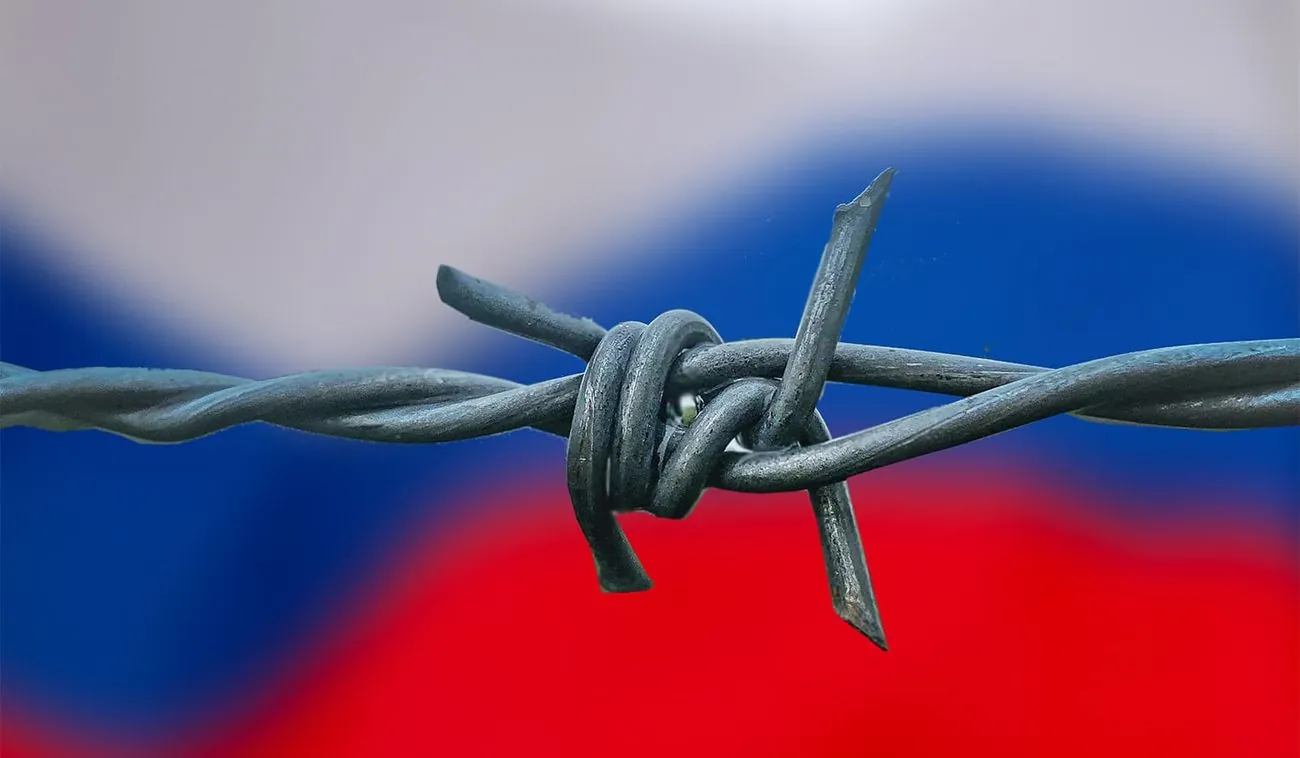“Russia is drilling oil wells at the fastest pace in 5 years amid possible easing of sanctions – BloombergRussian oil companies are actively drilling wells, exceeding pre-war levels, preparing for a possible easing of OPEC+ restrictions
and sanctions. This indicates the industry’s adaptation to Western restrictions.”, — write: unn.ua
DetailsThe level of activity, which is also more than a third higher than pre-war levels, is the latest sign of the resilience of the Russian oil industry to Western sanctions, which were designed to hinder the aggressor country’s long-term ability to pump raw materials by restricting access to advanced technology and equipment.
Ronald Smith, an expert at Emerging Markets Oil & Gas Consulting Partners LLC, said that Russia’s total production capacity of crude and light oil, called condensate, is 11 to 11.5 million barrels per day, which is virtually unchanged compared to 2016.
Russia expects lower exports and oil prices this year – Bloomberg21.04.25, 14:03 • 3359 views
“It is safe to say that the Russian oilfield services industry has mostly successfully adapted to the sanctions regime. This does not mean that an ideal replacement has been found in all cases, but that appropriate replacements exist at a broader level,” Smith said.
According to the latest available Bloomberg data, the average length of operational drilling in Russia in January and February was more than 2,370 km. This is higher than the seasonal average for the first three years of the Kremlin’s invasion of Ukraine, which caused widespread restrictions on the availability of Western oilfield services in Russia.
Even as some large foreign suppliers left the country after the invasion, they sold Russian units to local managers, keeping equipment and expertise in the country, under sanctions, while other suppliers, including SLB Plc and Weatherford International Plc, continued to operate, albeit on a smaller scale, the publication writes.
Over the past three years, local service companies have also been able to find alternative equipment suppliers or develop their own equivalents, according to Dmytro Kasatkin, a partner at Kasatkin Consulting, which employs some former Deloitte consultants in the region.
“There may be some regression in drilling technologies, such as shorter horizontal sections, fewer hydraulic fracturing stages, less accurate wellbore placement. In general, the impact of sanctions and the exit of Western service providers is much lower than many predicted three years ago,” said Serhiy Vakulenko, who spent ten years as the head of a Russian oil company and is now a researcher at the Carnegie Endowment for International Peace.
The Russian Ministry of Energy does not comment on the country’s oil production rate and the impact of Western sanctions. SLB and Weatherford also did not respond to emailed requests for comment on their current operations and business plans in Russia.
AdditionThe European Commission is considering banning EU firms from entering into new contracts for Russian fuel. Also, European Commissioners are assessing legal ways to terminate gas contracts with Russia without penalties.
EU is set to present a plan to stop importing Russian oil and gas in May15.04.25, 12:44 • 7626 views
